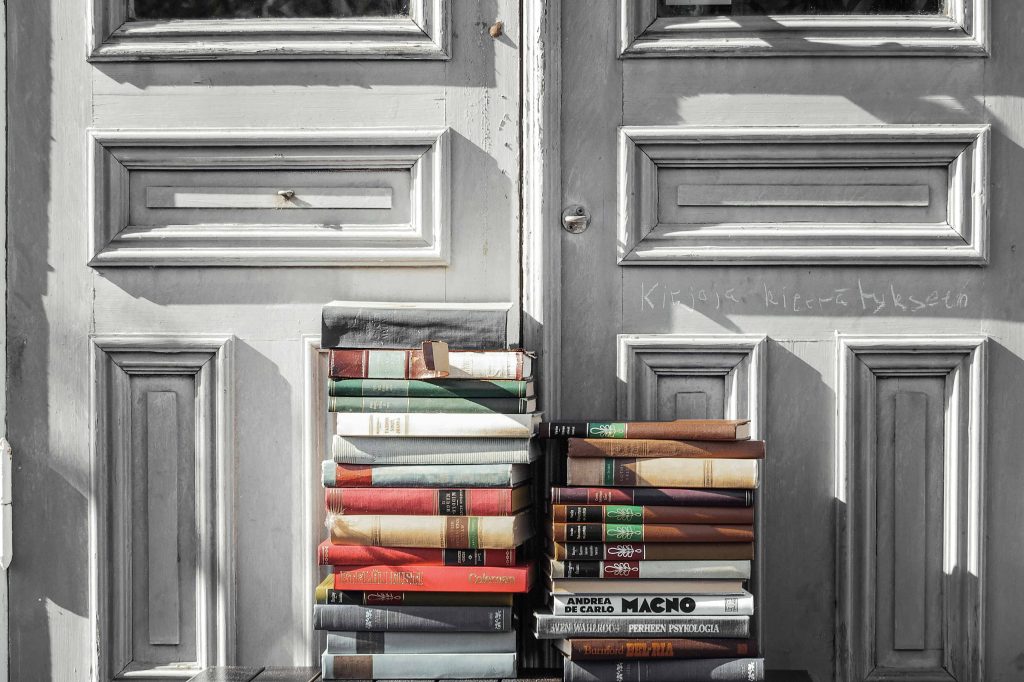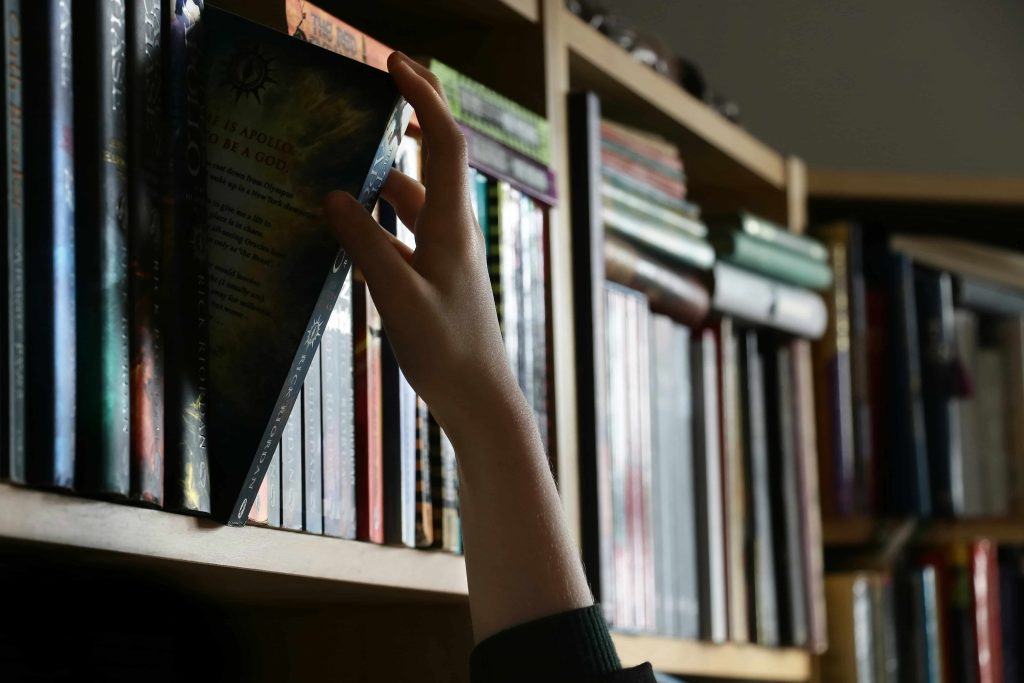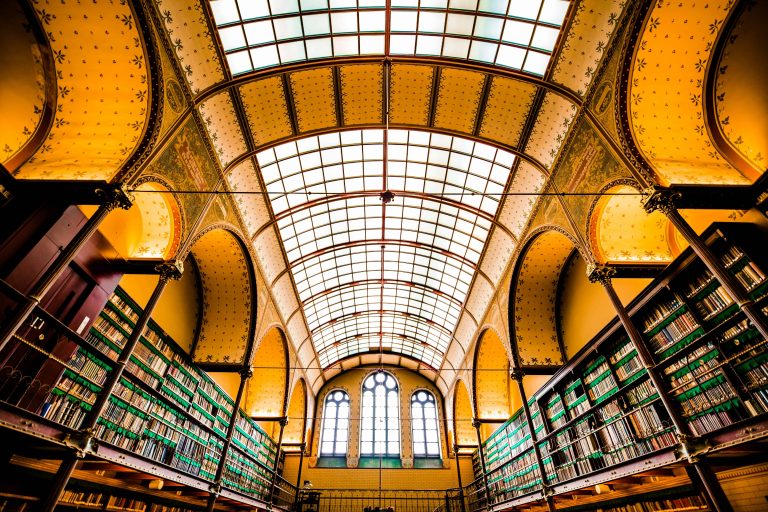Discover the Richness of Classical Portuguese Literature in 2024
Portuguese literature, rich in history and tradition, has evolved significantly over centuries, shaped by the country’s unique experiences and cultural influences. Emerging in the 12th century, it reflects the evolution of Portugal as a nation, marked by exploration, colonization, and a complex social landscape. Classical works have played a crucial role in shaping Portuguese identity and culture, offering insights into the national psyche and serving as a repository of collective memory.
Classical Portuguese literature, characterized by its linguistic richness and thematic diversity, remains essential in understanding Portugal’s literary heritage. By studying these works, one can appreciate the deep connections between literature, history, and national identity while recognizing how classical themes continue to resonate in modern society.
Key Figures and Their Impact
Fernando Pessoa
Fernando Pessoa, one of the most significant literary figures of the 20th century, revolutionized Portuguese poetry with his unique approach to identity and voice. Known for his use of heteronyms—distinct literary personas—Pessoa’s work transcends personal expression, delving into broader existential themes.
His heteronyms, such as Alberto Caeiro, Ricardo Reis, and Álvaro de Campos, represent various philosophical perspectives, each contributing to a rich tapestry of thought. Through these personas, Pessoa explores the individual’s relationship with the world, questioning existence, reality, and self-awareness. This exploration reflects broader existential themes, making his poetry profoundly relatable even today, as it addresses universal human concerns.
Luís de Camões
Luís de Camões, often regarded as Portugal’s greatest poet, made significant contributions to the country’s literary canon through his epic poem Os Lusíadas. This work, a monumental exploration of Portuguese maritime exploration, not only celebrates the Age of Discovery but also reflects the complexities of Portuguese identity during this transformative period.
Themes of exploration and colonialism are prevalent throughout Os Lusíadas, where Camões depicts the adventures of Vasco da Gama and his crew. The poem serves as a powerful commentary on the colonial ambitions of Portugal, reflecting both the glory and the moral ambiguities of conquest. By weaving together themes of bravery, honor, and national pride, Camões has cemented his legacy as a pivotal figure in classical Portuguese literature.
Gil Vicente
Gil Vicente, often dubbed the father of Portuguese theater, revolutionized the theatrical landscape in the early 16th century. His plays, characterized by vibrant language and keen social observation, serve as a critical commentary on the societal norms of his time.
Vicente’s works blend humor, satire, and social critique, addressing themes such as class, morality, and the human condition. Through characters drawn from various societal strata, he exposes the follies and vices of humanity, making his plays both entertaining and thought-provoking. His pioneering contributions have laid the groundwork for the evolution of Portuguese theater, influencing generations of playwrights and enriching the cultural fabric of the nation.
Themes and Motifs in Classical Portuguese Literature
Exploration and Colonialism
The theme of exploration permeates classical Portuguese literature, particularly during the Age of Discoveries, when Portugal emerged as a global maritime power. This literary focus reflects the nation’s adventures and the profound cultural exchanges that occurred during colonial endeavors. Works like Os Lusíadas capture the spirit of adventure and the quest for knowledge, symbolizing Portugal’s pioneering role in global exploration.
The literature of this era also addresses the consequences of colonialism, including the moral dilemmas and cultural exchanges that resulted from encounters with new worlds. These narratives offer a complex view of Portugal’s imperial ambitions, highlighting both the triumphs and tragedies of exploration.
Love and Passion
Romantic love serves as a central motif in classical Portuguese literature, explored through various lenses, including the chivalric romance tradition. Poets and playwrights delve into the complexities of love, portraying it as a force that can inspire, torment, and transform individuals. The influence of courtly love is evident in the lyrical expressions of yearning and devotion, making these works relatable across time and culture.
This exploration of love is not limited to idealized notions; it also addresses the pain and challenges that accompany deep emotional connections. The interplay of love and loss reflects the broader human experience, resonates with readers and audiences alike.
Mortality and the Passage of Time
A profound reflection on mortality and the passage of time is evident throughout classical Portuguese literature. Authors often grapple with the transient nature of life, exploring themes of existentialism and the human condition. These contemplations prompt readers to consider their own existence, the inevitability of death, and the significance of the choices made throughout life.
The representation of time as a shaping force in human experiences is particularly poignant in the works of poets like Fernando Pessoa. The exploration of time not only serves as a philosophical inquiry but also reflects the emotional weight of memory, loss, and the fleeting nature of happiness.
Social and Political Commentary
Classical Portuguese literature is rich in social and political commentary, with writers using satire and critique to address contemporary societal issues. Through sharp wit and clever storytelling, authors expose the injustices and inequalities present in their societies.
This critical lens provides insights into power dynamics, class struggles, and the moral dilemmas faced by individuals within the socio-political landscape of the time. The relevance of these themes persists, as modern readers can draw parallels between historical and contemporary societal issues, making classical literature a vital resource for understanding social contexts.
Legacy and Influence of Classical Portuguese Literature
The legacy of classical Portuguese literature endures, with its works continuing to captivate readers and inspire modern writers. The themes and motifs explored by figures like Pessoa, Camões, and Vicente remain relevant today, reflecting universal human experiences and societal issues.
Modern Portuguese literature and culture owe much to these classical works, which have shaped the narrative of Portuguese identity and history. Contemporary authors often draw on the themes of exploration, love, and social critique established by their predecessors, weaving them into new narratives that resonate with current audiences.
Moreover, the preservation and study of classical Portuguese literature are crucial for maintaining cultural heritage. By engaging with these texts, individuals gain insights into the historical context and philosophical inquiries that define the Portuguese literary landscape, enriching their understanding of both past and present.
Conclusion
In conclusion, the enduring richness of classical Portuguese literature offers invaluable insights into the nation’s identity and cultural heritage. The works of Fernando Pessoa, Luís de Camões, and Gil Vicente not only encapsulate the essence of Portuguese history but also resonate with universal themes of exploration, love, and societal critique. As we navigate the complexities of modern society, these classical texts remain pertinent, urging us to reflect on our own experiences and the moral dilemmas we face. By preserving and engaging with this literary legacy, we not only honor the past but also enrich our understanding of the human condition today.
Explore how recognition through major literary awards not only honors the creativity of Portuguese writers but also transforms their careers, opening doors to international readerships and further opportunities.











